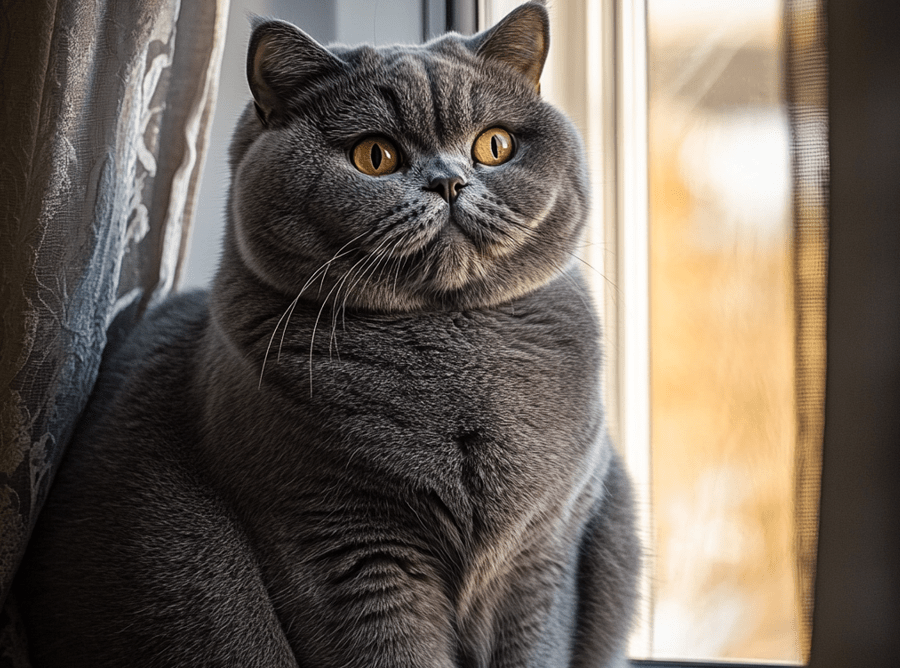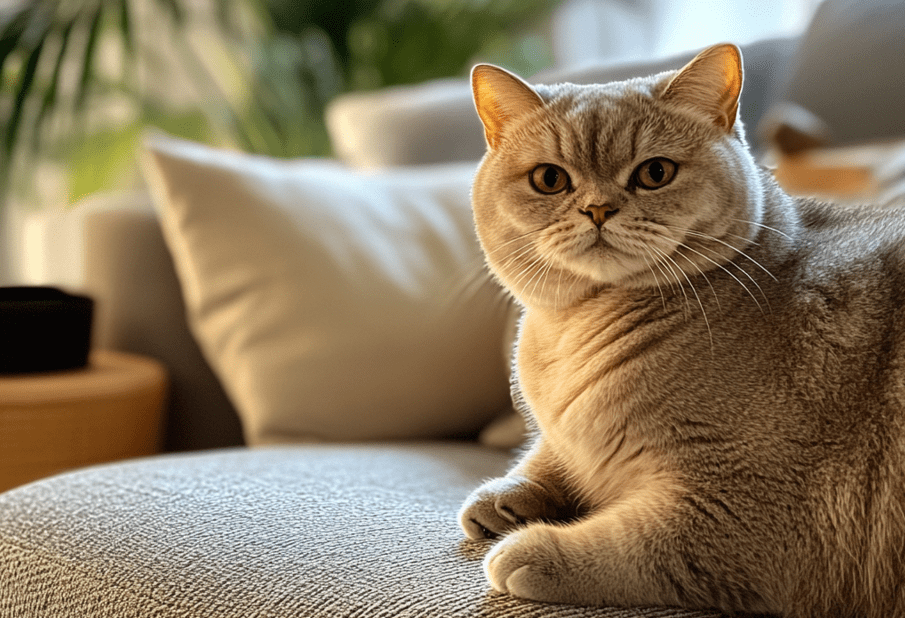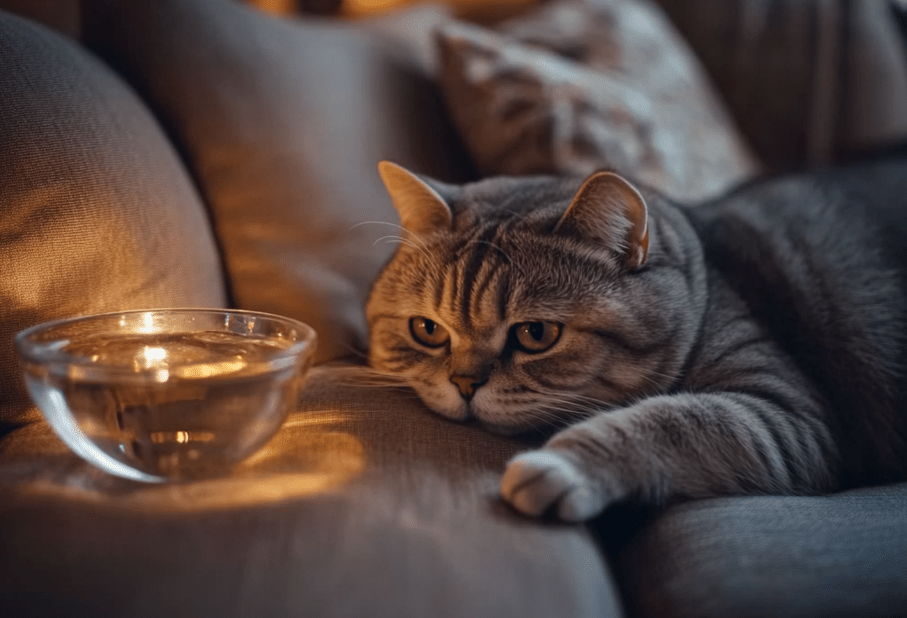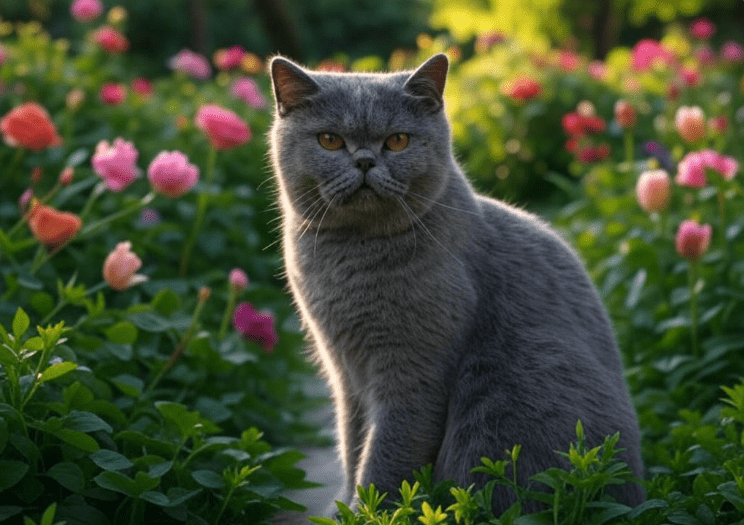
British Shorthairs, with their plush coats and charming personalities, deserve the best nutrition to thrive. Homemade cat food for British Shorthairs offers a tailored approach to meeting their unique dietary needs, ensuring they remain healthy and happy. This comprehensive guide explores the benefits and challenges of preparing homemade meals for your British Shorthair, complete with vet-approved recipes, nutritional insights, and practical tips. Whether you’re a seasoned pet parent or new to feline care, this article will help you decide if homemade cat food is the right choice for your furry friend.
Why Consider Homemade Cat Food for British Shorthairs?
British Shorthairs are a robust breed known for their sturdy build and calm demeanor. However, their stocky physique makes them prone to obesity, and their sensitive digestive systems require a balanced diet. Homemade cat food allows you to control ingredients, avoid allergens, and cater to their specific health needs. By preparing meals at home, you can ensure high-quality proteins, avoid artificial additives, and provide a diet that supports their energy levels and coat health.
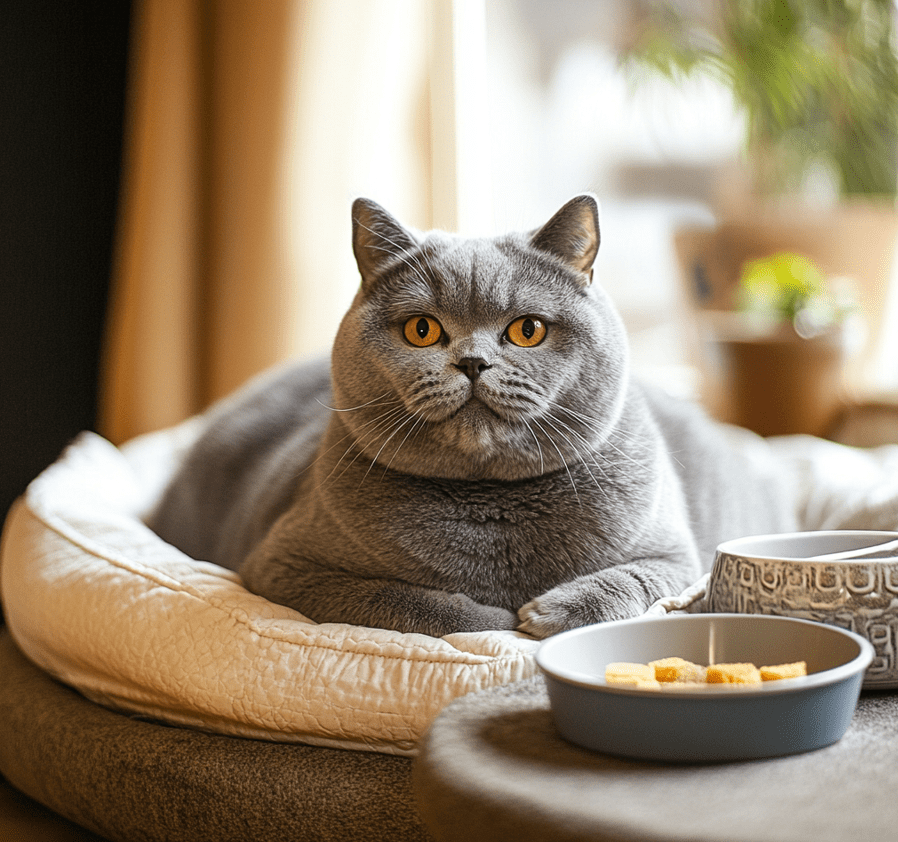
Benefits of Homemade Cat Food
Customized Nutrition: Tailor recipes to address weight management, allergies, or urinary health, which are common concerns for British Shorthairs.
High-Quality Ingredients: Use fresh, human-grade meats, vegetables, and supplements to ensure optimal nutrition.
No Fillers or Additives: Commercial cat foods often contain fillers like corn or soy, which may not suit sensitive stomachs.
Improved Hydration: Wet homemade recipes can increase moisture intake, supporting kidney and urinary health.
Bonding Opportunity: Preparing food for your cat can strengthen your connection and make mealtime special.
Potential Drawbacks
Time-Intensive: Preparing balanced meals requires planning, shopping, and cooking, which may not suit busy schedules.
Nutritional Risks: Without proper knowledge, homemade diets may lack essential nutrients like taurine, critical for feline health.
Cost: High-quality ingredients can be more expensive than commercial cat food.
Storage and Safety: Homemade food must be stored properly to prevent spoilage or bacterial contamination.
Veterinary Oversight: Consulting a vet or feline nutritionist is essential to ensure the diet meets your cat’s needs.
Nutritional Needs of British Shorthairs
Before diving into recipes, understanding the nutritional requirements of British Shorthairs is crucial. Cats are obligate carnivores, meaning they thrive on meat-based diets rich in protein and fat, with minimal carbohydrates. Key nutrients include:
Protein: Supports muscle maintenance and energy. Aim for 40-50% protein in their diet, sourced from chicken, turkey, or fish.
Fats: Provide energy and support coat health. Include healthy fats like fish oil or chicken fat (10-15% of the diet).
Taurine: An essential amino acid for heart and eye health, found in animal tissues.
Vitamins and Minerals: Vitamin A, D, E, calcium, and phosphorus are vital for overall health.
Moisture: British Shorthairs benefit from wet food to prevent urinary issues and maintain hydration.
Consulting a veterinarian or feline nutritionist ensures your homemade recipes meet these requirements. Over-supplementing or omitting nutrients can lead to health issues, so balance is key.
Vet-Approved Homemade Cat Food Recipes for British Shorthairs
Below are three vet-approved recipes designed for British Shorthairs. Each recipe is balanced, easy to prepare, and tailored to their nutritional needs. Always consult your vet before transitioning your cat to a homemade diet.
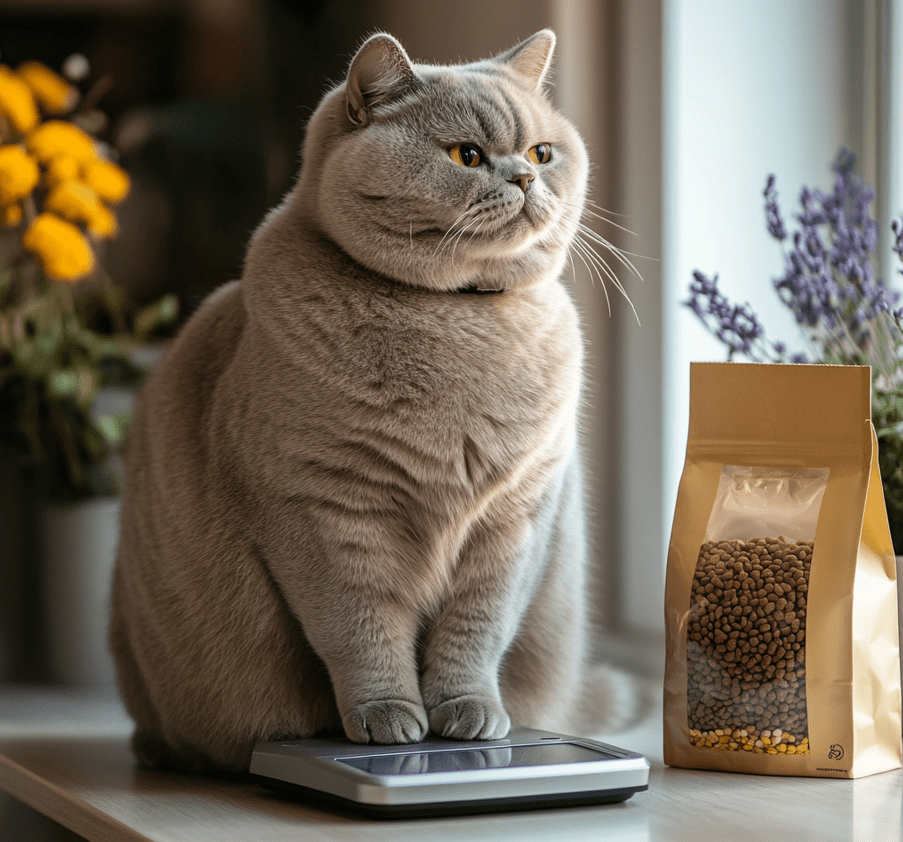
Recipe 1: Chicken and Pumpkin Stew
Ingredients (Makes ~4 servings):
-
1 lb boneless chicken breast or thigh (skinless)
-
½ cup canned pumpkin puree (unsweetened, no additives)
-
¼ cup chicken liver (rich in taurine and vitamins)
-
1 tbsp fish oil (for omega-3s)
-
1 tsp calcium supplement (vet-approved, e.g., ground eggshell powder)
-
½ tsp taurine supplement (if not using raw meat)
-
1 cup water or low-sodium chicken broth
Instructions:
-
Cook chicken and liver in a pot over medium heat until fully cooked (165°F internal temperature).
-
Shred the chicken and finely chop the liver.
-
In a blender, combine pumpkin, fish oil, calcium, taurine, and water/broth. Blend until smooth.
-
Mix the shredded chicken and liver with the blended mixture.
-
Divide into portions, cool, and refrigerate. Serve at room temperature.
Nutritional Benefits: High in protein and taurine, with pumpkin for fiber to aid digestion and weight management.
Storage: Refrigerate for up to 3 days or freeze for up to 1 month. Thaw frozen portions in the fridge overnight.
Recipe 2: Salmon and Sweet Potato Delight
Ingredients (Makes ~4 servings):
-
1 lb fresh salmon (deboned, skinless)
-
½ cup cooked sweet potato (mashed, no additives)
-
¼ cup steamed spinach (finely chopped)
-
1 tbsp olive oil
-
1 tsp calcium supplement
-
½ tsp taurine supplement
-
¾ cup water
Instructions:
-
Bake salmon at 350°F for 15-20 minutes until fully cooked. Let cool and flake into small pieces.
-
Mix mashed sweet potato, spinach, olive oil, calcium, taurine, and water in a bowl.
-
Combine flaked salmon with the mixture, stirring thoroughly.
-
Portion and store in airtight containers.
Nutritional Benefits: Omega-3s from salmon support coat and joint health, while sweet potato provides digestible carbs for energy.
Storage: Refrigerate for up to 3 days or freeze for up to 1 month.
Recipe 3: Turkey and Carrot Pâté
Ingredients (Makes ~4 servings):
-
1 lb ground turkey (lean)
-
½ cup steamed carrots (pureed)
-
¼ cup turkey liver
-
1 tbsp fish oil
-
1 tsp calcium supplement
-
½ tsp taurine supplement
-
1 cup water
Instructions:
-
Cook ground turkey and liver in a skillet until fully cooked. Drain excess fat.
-
Blend carrots, fish oil, calcium, taurine, and water until smooth.
-
Mix the cooked turkey and liver with the blended mixture to form a pâté consistency.
-
Cool, portion, and store.
Nutritional Benefits: Turkey provides lean protein, and carrots offer vitamins for immune support.
Storage: Refrigerate for up to 3 days or freeze for up to 1 month.
Tips for Preparing Homemade Cat Food
Source Quality Ingredients: Choose human-grade meats and organic vegetables when possible. Avoid onions, garlic, grapes, or other toxic foods for cats.
Batch Cooking: Prepare meals in bulk and freeze portions to save time.
Transition Gradually: Introduce homemade food slowly over 7-10 days to avoid digestive upset. Start with 25% homemade food mixed with 75% commercial food, gradually increasing the homemade portion.
Monitor Health: Watch for signs of nutritional deficiencies (e.g., lethargy, dull coat) or excesses (e.g., weight gain). Regular vet checkups are essential.
Hygiene: Use clean utensils and store food properly to prevent contamination.
Pros and Cons of Homemade Cat Food for British Shorthairs

Pros in Detail
Tailored Diets: Address specific health concerns like obesity or food sensitivities. For example, low-carb recipes can help manage weight.
Transparency: You know exactly what’s in your cat’s food, avoiding questionable additives found in some commercial brands.
Freshness: Homemade meals are fresher than processed kibble, potentially improving palatability and nutrient absorption.
Allergy Management: Exclude ingredients your British Shorthair is allergic to, such as grains or certain proteins.
Cons in Detail
Nutritional Complexity: Cats require precise nutrient ratios. A 2013 study in the Journal of the American Veterinary Medical Association found that 95% of homemade cat food recipes online were nutritionally incomplete.
Time and Effort: Shopping, cooking, and cleaning can take hours each week, which may overwhelm busy owners.
Expense: Premium ingredients like fresh salmon or organic chicken can cost more than budget-friendly kibble.
Risk of Imbalance: Without supplements, diets may lack taurine or calcium, leading to serious health issues like heart disease or bone problems.
How to Ensure a Balanced Homemade Diet
To avoid nutritional pitfalls, follow these guidelines:
Work with a Vet: A veterinarian or board-certified veterinary nutritionist can review recipes and recommend supplements.
Use Supplements: Taurine, calcium, and omega-3s are often necessary to complete homemade diets.
Rotate Proteins: Alternate between chicken, turkey, and fish to provide a range of nutrients and prevent boredom.
Regular Testing: Annual bloodwork can detect deficiencies or imbalances early.
Conclusion
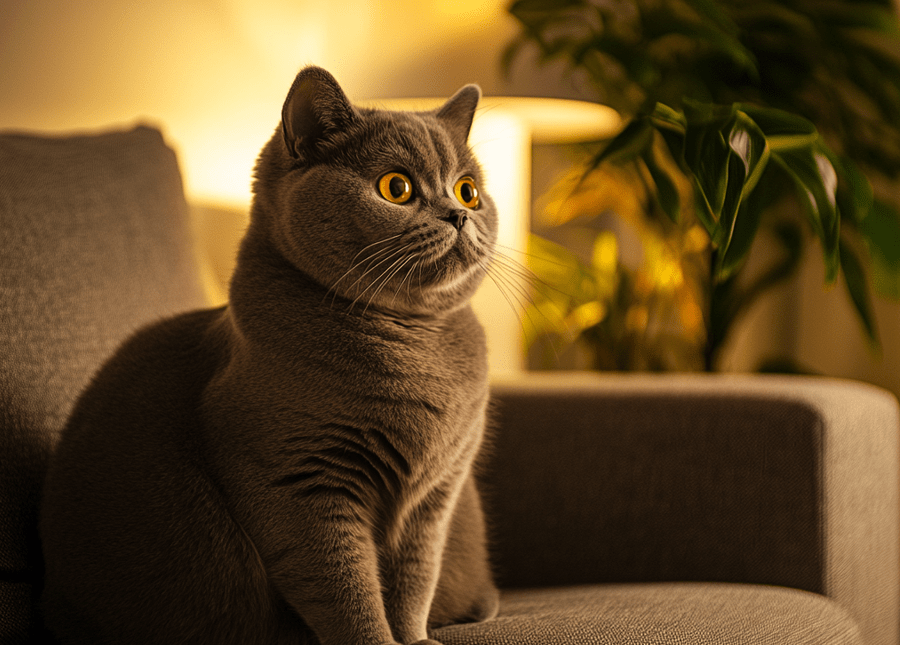
Homemade cat food for British Shorthairs offers a rewarding way to nurture your pet’s health, but it requires dedication, knowledge, and veterinary oversight. By using high-quality ingredients and vet-approved recipes, you can create meals that support your cat’s unique needs, from weight management to digestive health. While the time and cost may be higher than commercial options, the ability to customize your British Shorthair’s diet can lead to a happier, healthier life. Start with the recipes above, consult your vet, and embark on a journey to provide the best nutrition for your feline companion.

